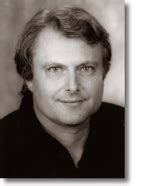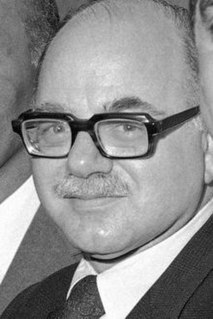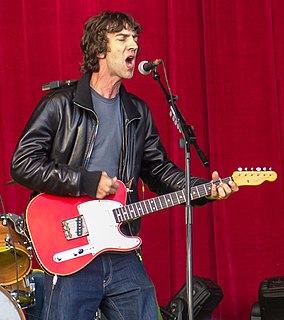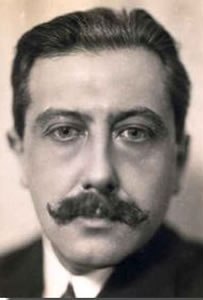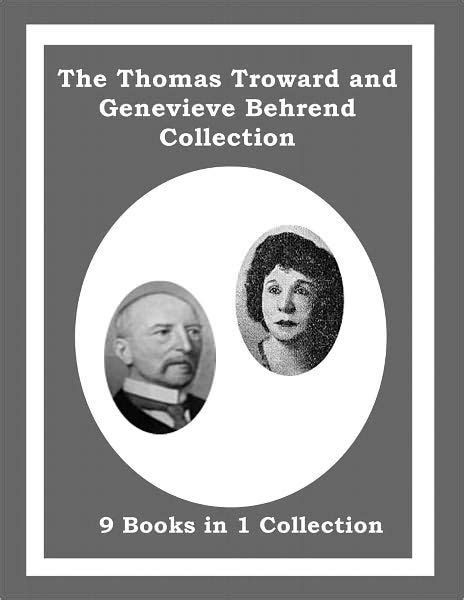A Quote by Laurence Boldt
The artist accepts the limitations of form, not with fear and dread, but as the starting point of creation.
Quote Topics
Related Quotes
The personality of the artist, at first a cry or a cadence or a mood and then a fluid, and lambent narrative, finally refines itself out of existence, impersonalises itself, so to speak. The aesthetic image in the dramatic form is life purified in and reprojected from the human imagination. The mystery of aesthetic like that of material creation is accomplished. The artist, like the God of the creation, remains within or behind or beyond or above his handiwork, invisible, refined out of existence, indifferent, paring his fingernails.
The need to be a great artist makes it hard to be an artist. The need to produce a great work of art makes it hard to produce any art at all. . . Fear is what blocks an artist. The fear of not being good enough. The fear of not finishing. The fear of failure and of success. The fear of beginning at all.
The image of the presence, whatever it was, waiting there for him to go -this image had not yet been so concrete for his nerves as when he stopped short of the point at which certainty would have come to him. For, with all his resolution, or more exactly with all his dread, he did stop short - he hung back from really seeing. The risk was too great and his fear too definite: it took at this moment an awful specific form.
Because Ivy [Wilkes] is just starting out as an artist, I wanted to focus on [Georgia] O'Keeffe's experiences when she was just starting out. I suspect there is a difference between being an unknown artist and being a celebrated artist. When nobody knows your work, nobody except you really cares whether or not you paint.
By sort of combining the research of a lot of smart people, I came up with an equation for dread [dread=uncontrollability+unfamiliarity+imaginability+suffering+scale of destruction+unfairness]. The dread equation is a simplification, but it's a way to explain why we fear something so much when it is so unlikely. Part of it is the lack of control. That's why we're more scared of plane crashes than car crashes even though we know rationally which is more dangerous.
